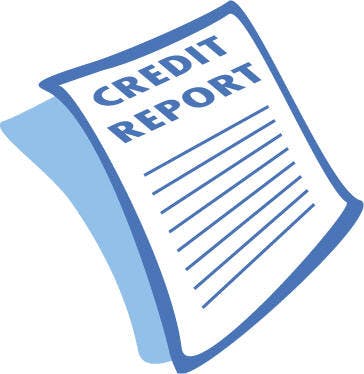Employment laws can be confusing and downright scary.
They don’t have to be. As a public service, from now until my special Halloween webinar Answers to the World’s Scariest Employment Law Questions, I’ll be tackling each major law one by one to give you what you REALLY need to know. By the end, you’ll have handy one-page cheat sheets for each and every law and your terror level will be reduced to zero.
Today’s Topic: FCRA
Here is basically everything you need to know about the Fair Credit Reporting Act (FCRA) in one handy post.
FCRA CHEAT SHEET
What does it do?
Imposes strict rules on an employer’s ordering and use of consumer reports for employment purposes.
What employers are covered?
All employers who order consumer reports from a consumer reporting agency.
What’s a “consumer report?”
A report of information relating to an individual’s credit, general reputation, criminal history or personal characteristics.
What’s an “investigative consumer report?”
A report of background information on an individual obtained from personal interviews with friends, neighbors or associates of the individual.
What’s a “consumer reporting agency?”
A business that assembles or evaluates consumer reports for third-party businesses.
What steps must an employer take before obtaining a consumer report?
- Notify the employee or applicant in writing about your intent to obtain a report;
- Obtain employee or applicant’s written permission prior to requesting report.
What steps must an employer take before taking adverse action based on a consumer report?
- Provide the individual with a copy of the report;
- Provide the individual with a copy of the Summary of FCRA Rights available at www.ftc.gov.
What steps must an employer take after adverse action?
Provide written, oral or electronic notice of the adverse action to the individual. The notice must include each of the following:
- The name, address and phone number of the consumer reporting agency that provided the report;
- A statement that the consumer reporting agency did not make the decision to take the adverse action and will not be able to provide the individual with the specific reasons for the decision;
- A statement that the individual has the right to dispute the accuracy or completeness of the information provided;
- A statement that the individual can get an additional free consumer report from the consumer reporting agency used by the employer upon a request made within 60 days.
What are the potential penalties?
- Actual damages;
- Punitive damages;
- Attorneys’ fees.
Top FCRA tips
- Ensure that you have the proper permission from an employee or applicant before requesting a report;
- You cannot request applicant to provide permission in an employment application;
- Additional restrictions apply for employers intending to obtain and use investigative consumer reports.
Stay tuned for more. Tomorrow we’ll de-scare-ify the Fair Labor Standards Act (FLSA).
This was originally published on Manpower Group’s Employment Blawg.
